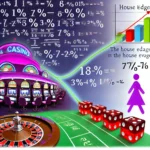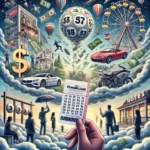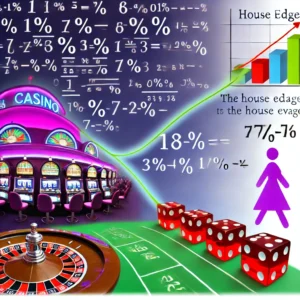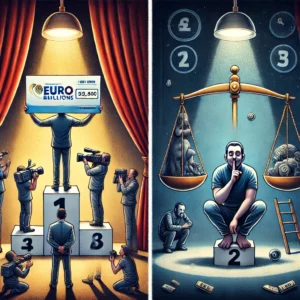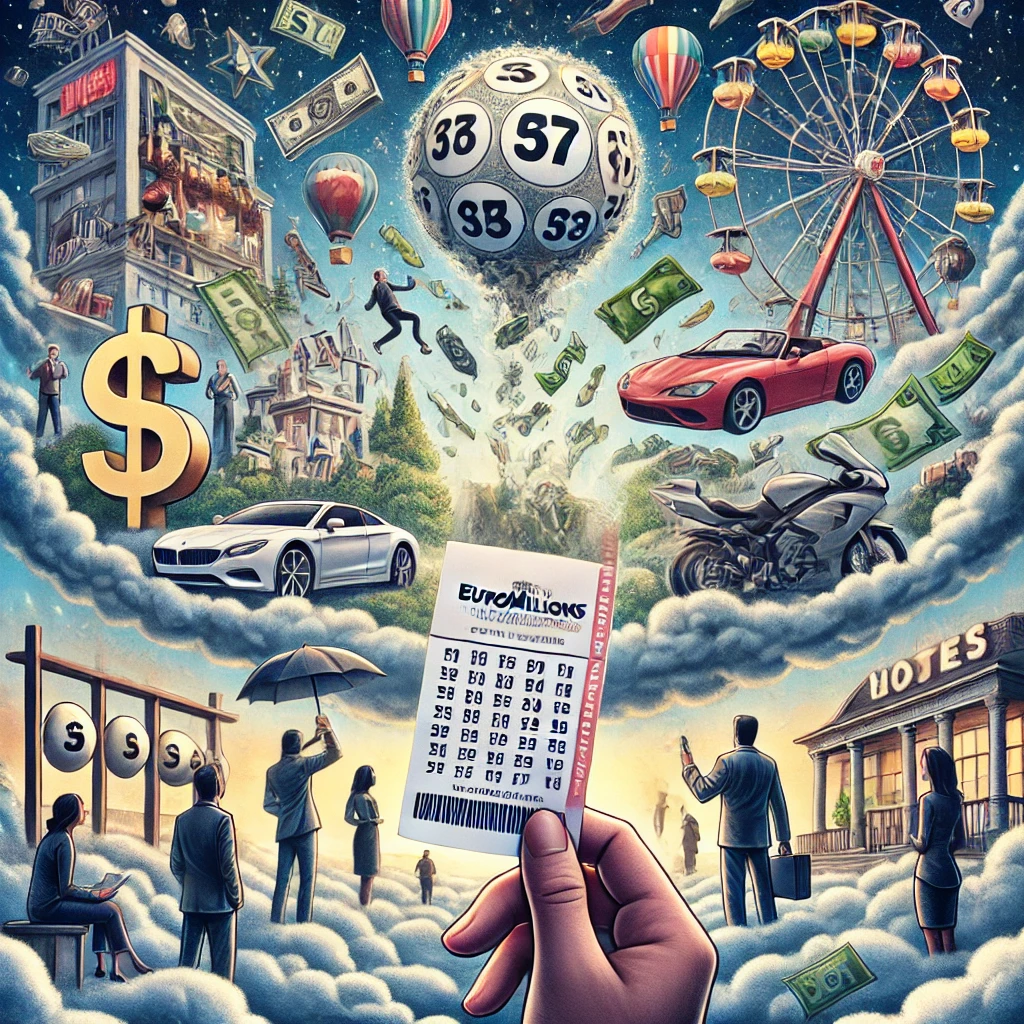
Why Do People Play Lotteries Like EuroMillions Despite Extremely Low Odds of Winning?
Why Do People Play Lotteries Like EuroMillions Despite Extremely Low Odds of Winning?
The allure of lotteries such as EuroMillions transcends borders, cultures, and socioeconomic backgrounds. Despite the astronomical odds stacked against winning the jackpot—approximately 1 in 139 million for EuroMillions—millions of people participate regularly. This phenomenon raises intriguing questions: Why do people continue to play when the chances of winning are so slim? Furthermore, why do some players rely on random number generators while others steadfastly stick to the same set of numbers for years? This article delves into the psychological, sociological, and cultural factors that motivate lottery participation and explores the differing strategies players employ.
The Psychology Behind Lottery Participation
- Hope and Dream FulfillmentAt its core, the lottery offers a glimmer of hope. The mere possibility of a life-changing win allows players to dream about financial freedom, luxury, and the ability to provide for loved ones. This hope can be a powerful motivator, providing an escape from daily stresses and routines.
- The “Near Miss” EffectPsychologists have identified the “near miss” effect as a significant factor in gambling behaviors. When players come close to winning—matching several numbers but missing the jackpot—it can create an illusion of being “due” for a win, encouraging continued play.
- Cognitive Biases
- Gambler’s Fallacy: The belief that past events influence future outcomes in random processes. For instance, thinking that a set of numbers is “overdue” to be drawn.
- Availability Heuristic: Media stories about jackpot winners make winning seem more common than it is, skewing public perception of the odds.
- Optimism Bias: The tendency to believe that one is less likely to experience negative events, such as losing, and more likely to experience positive ones.
Sociocultural Factors
- Social ReinforcementLottery playing can be a social activity. Office pools, family traditions, and community discussions about lotteries can reinforce participation. The shared experience of anticipation and the communal aspect can be rewarding in itself.
- Economic ConsiderationsFor individuals in lower socioeconomic strata, the lottery might seem like one of the few accessible means to significantly improve their financial situation. The low cost of entry compared to the potential reward can make it an enticing prospect.
- Cultural NormsIn some cultures, lottery participation is normalized and even encouraged. Advertising and societal attitudes can frame the lottery as a harmless form of entertainment or a legitimate investment.
Why Use Random Number Generators vs. Sticking to the Same Numbers?
The strategies players use in selecting their numbers often reflect their beliefs about luck, control, and probability.
- Random Number Generators (RNGs)
- Belief in True Randomness: Some players trust that since lottery draws are random, the best strategy is to use randomly generated numbers, maximizing the chance that their selection is as unpredictable as the draw itself.
- Convenience: RNGs eliminate the need to choose numbers manually, making the process quicker and perhaps reducing overthinking or superstitious influences.
- Avoiding Personal Biases: By relying on RNGs, players avoid subconsciously picking numbers that may have sentimental value but no statistical advantage.
- Sticking to the Same Numbers
- Emotional Attachment: Players may choose numbers based on birthdays, anniversaries, or other significant dates, creating a personal connection to their ticket.
- Ritual and Superstition: Continuously playing the same numbers can become a ritualistic practice. The fear of missing out if their numbers are finally drawn can compel them to keep playing the same combination.
- Illusion of Control: Consistently using the same numbers may give players a sense of control over an inherently random process.
The Role of Marketing and Media
Lottery organizations invest heavily in marketing campaigns that emphasize winning stories, happy winners, and the exciting possibilities that come with a jackpot. These narratives can overshadow the statistical realities, influencing public perception and encouraging continued participation.
The Entertainment Factor
For many, playing the lottery is viewed as a form of inexpensive entertainment. The excitement leading up to the draw, the anticipation of checking results, and the conversations sparked by big jackpots provide value beyond the monetary cost of the ticket.
Mitigating the Odds: Syndicates and Pools
Some players join syndicates or pools to increase their chances of winning. By purchasing more tickets collectively, they slightly improve the odds, albeit sharing any potential winnings. This strategy also adds a social element to lottery participation.
Conclusion
The persistent popularity of lotteries like EuroMillions, despite the extremely low odds of winning, can be attributed to a complex interplay of psychological desires, cognitive biases, social influences, and cultural norms. The dream of instant wealth, the excitement of the game, and the myriad personal reasons for choosing certain numbers all contribute to why people continue to play.
Whether using random number generators or sticking to the same numbers, each player’s approach reflects their individual beliefs and attitudes towards luck and chance. Ultimately, the lottery serves as a fascinating mirror of human psychology and society’s relationship with risk and reward.
